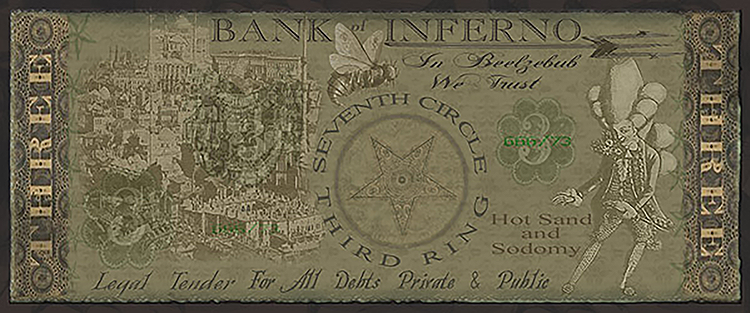Excerpt from A Course In Modern Conjure Lesson 35:
From the Chinese tradition of burning joss papers resembling money as offerings to the dead emerges Hell Money (aka Hell Bank Notes). Whether by syntax, miscommunication, or malice on the part of the printer, the origin of the word Hell on these papers is uncertain. Some suggest the name is a purposeful attempt to translate into English the concept of an underworld prison—Diyu—where the dead await judgement (and apparently do a spot of shopping). Above ground these bills were being bought from religious goods stores that serviced urban Chinese Americans, and which were frequented also by African American conjure workers who adopted these exotic bills into their practices. Hell Money appears in various methods of conjure work, such as in mojo hands, or set beneath candles as prayer papers, or under lodestones on money altars. Some contemporary bills have replaced Hell with Heaven or Paradise, and these are also used, though for my money Hell will always hold a bit more allure than Heaven.
The bill pictured above is not indicative of the style common for these papers. It was designed specifically with our queer ancestors in mind, and is intended for use in rituals honoring them. According to Dante, homosexuals were sent to the Third Ring of the Seventh Circle in Hell; and whereas he envisioned it as a place of scorching sand and hailing brimstone, this currency in contrast celebrates Hot Sand and Sodomy. Clearly Dante could not tell the difference between torture kink and divine retribution, and so his observations become suspect. Still, Dante created a map that in turn gave shape to Hell in the minds of generations, and if some of our beloved dead ever found in their afterlife such a place then they need encouragement to transform it. This bill exists to serve as an offering for them.








